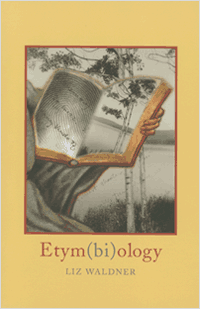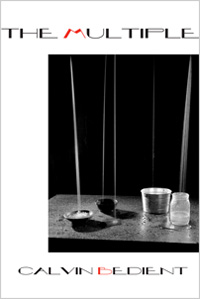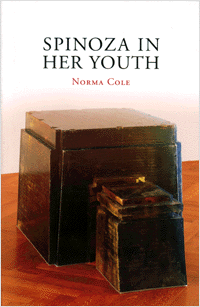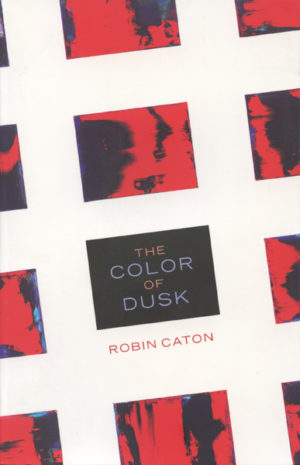Description
Liz Waldner’s poems are emotive explorations into the personal, social, and political nature of speech. While this poet speaks into and through the implications of identity as a product of class, gender, history, literature, language, she nonetheless demands attention be paid to the individual as a constellation of these speaking agencies. Despite the constant shocks of our cultural and political situation, which these poems enact, Waldner remains bravely hopeful in her willingness to “Take the ‘Riot’ Personally,” and to say unabashedly “I want somewhere / to be long.” Such subtle language play, which considers both the current use of a word like “belong” as well as the implications of its etymological components, is everywhere in this text—serious play of levity, longing, lament, lambaste, reminding us of the variety we can find at the tips of our tongues.
Liz Waldner’s subject in Etym(bi)ology is fascinating…truncating the sentences, she’s dropping what’s said or thought for us, an abandoning which has been left out by all discourses. Her use of the word ‘or’ (‘erotization or erasure’) leaves huge gaps between any subject and any approach to it. It’s a ‘not supplying’ that creates a different sense–this can’t be approximated by any discourse.
Leslie Scalapino
About the Author
Reviews
Excerpt
Liz Waldner’s books include Self and Simulacra (Alice James Books ’01); A Point Is That Which Has No Part (’00), which won the 2000 James Laughlin Award and the 1999 Iowa Poetry Prize; and Homing Devices (O Books ’98). Her chapbooks: CALL (Meow Press ’00) and With the Tongues of Angels (Owl Creek Press ’00). Her awards include grants from the Massachusetts Cultural Council, the Lannan Foundation, and the Barbara Demming Memorial Money for Women Fund, and fellowships from the Vermont Studio Center, the Djerassi Foundation, and the MacDowell Colony.
Liz Waldner’s Etym(bi)ology is that rare thing: a work that surges with political fervor and also with joy, humor and wild innovation. Unafraid to take on the topical and render it universal, Waldner describes the book, whose poems date from the early 90s, as stemming from her “curiousity about the construction of the concept of selfhood in american culture, and the global effects of u.s. corporate-dominated media” along with her “abiding interest in the representation of women.”
Etym(bi)ology
some of them will turn up when you least expect them to
and when they do?remember me, remember me.”
—Eno
Chipped brandy snifter, crystal chrysalis, what I inherit from Athena Trasha. Oviter dictum: “He could only mutter, ‘Darling, darling,’” as he kissed the ring with the ovarian passion of the sexually dispossessed.” No, not Ronald Firbank. (I am Athena Trasha you are Athena Trasha he is Athena Trasha, etc.) How do you think gu leor went from “enough” in Gaelic to “plentygalore” in English? A clue from Mr. Durrell: “Old Tiresias, No one half so breezy as…” “A ship without sails is like a woman without breasts.”
Ok, ok, I ask you. Is it not like the streets? If more women went out at night, it would be safer for women to go out at night. (If no men went out at night, it would be safer for women to go out at night. Argument ad hominem ad hominem.) So, if more flat-chested women refrained from affixing silicone bosoms, more flat-chested women could refrain from affixing silicone bosoms. (If no one were deciding the value of your being based on the size of your breasts, it would be safer for women to go out at night.)
Darling, darling.
(Sexually dispossessed.)




